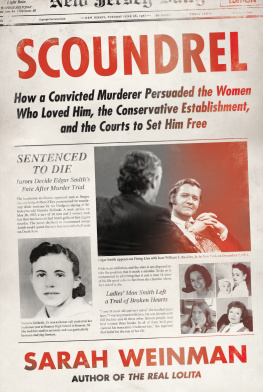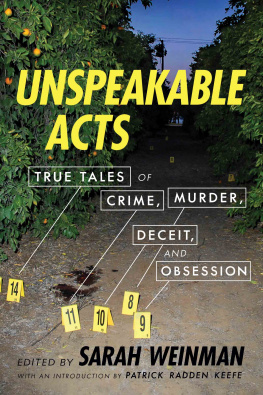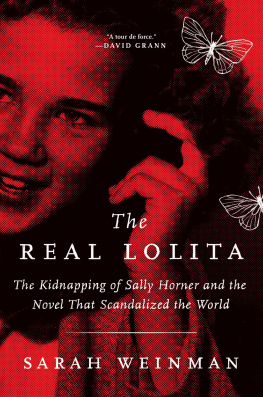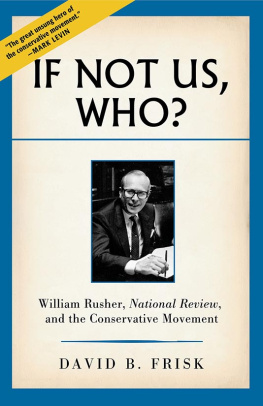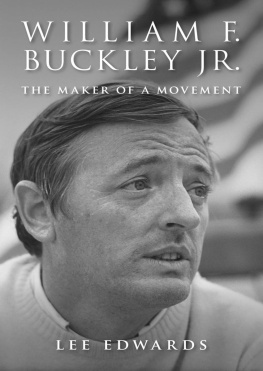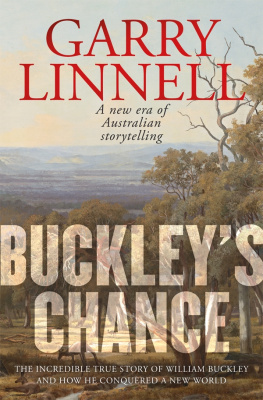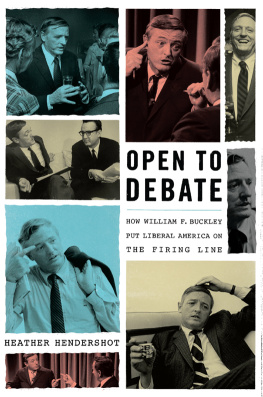Sarah Weinman - Scoundrel: How a Convicted Murderer Persuaded the Women Who Loved Him, the Conservative Establishment, and the Courts to Set Him Free
Here you can read online Sarah Weinman - Scoundrel: How a Convicted Murderer Persuaded the Women Who Loved Him, the Conservative Establishment, and the Courts to Set Him Free full text of the book (entire story) in english for free. Download pdf and epub, get meaning, cover and reviews about this ebook. year: 2022, publisher: HarperCollins, genre: Detective and thriller. Description of the work, (preface) as well as reviews are available. Best literature library LitArk.com created for fans of good reading and offers a wide selection of genres:
Romance novel
Science fiction
Adventure
Detective
Science
History
Home and family
Prose
Art
Politics
Computer
Non-fiction
Religion
Business
Children
Humor
Choose a favorite category and find really read worthwhile books. Enjoy immersion in the world of imagination, feel the emotions of the characters or learn something new for yourself, make an fascinating discovery.
- Book:Scoundrel: How a Convicted Murderer Persuaded the Women Who Loved Him, the Conservative Establishment, and the Courts to Set Him Free
- Author:
- Publisher:HarperCollins
- Genre:
- Year:2022
- Rating:4 / 5
- Favourites:Add to favourites
- Your mark:
Scoundrel: How a Convicted Murderer Persuaded the Women Who Loved Him, the Conservative Establishment, and the Courts to Set Him Free: summary, description and annotation
We offer to read an annotation, description, summary or preface (depends on what the author of the book "Scoundrel: How a Convicted Murderer Persuaded the Women Who Loved Him, the Conservative Establishment, and the Courts to Set Him Free" wrote himself). If you haven't found the necessary information about the book — write in the comments, we will try to find it.
A Recommended Read from: The Los Angeles Times * Town and Country * The Seattle Times * Publishers Weekly * Lit Hub * Crime Reads * Alma
From the author of The Real Lolita and editor of Unspeakable Acts, the astonishing story of a murderer who conned the people around himincluding conservative thinker William F. Buckleyinto helping set him free
In the 1960s, Edgar Smith, in prison and sentenced to death for the murder of teenager Victoria Zielinski, struck up a correspondence with William F. Buckley, the founder of National Review. Buckley, who refused to believe that a man who supported the neoconservative movement could have committed such a heinous crime, began to advocate not only for Smiths life to be spared but also for his sentence to be overturned.
So begins a bizarre and tragic tale of mid-century America. Sarah Weinmans Scoundrel leads us through the twists of fate and fortune that brought Smith to freedom, book deals, fame, and eventually to attempting murder again. In Smith, Weinman has uncovered a psychopath who slipped his way into public acclaim and acceptance before crashing down to earth once again.
From the people Smith deceivedBuckley, the book editor who published his work, friends from back home, and the women who loved himto Americans who were willing to buy into his lies, Weinman explores who in our world is accorded innocence, and how the public becomes complicit in the stories we tell one another.
Scoundrel shows, with clear eyes and sympathy for all those who entered Smiths orbit, how and why he was able to manipulate, obfuscate, and make a mockery of both well-meaning people and the American criminal justice system. It tells a forgotten part of American history at the nexus of justice, prison reform, and civil rights, and exposes how one mans ill-conceived plan to set another man free came at the great expense of Edgar Smiths victims.
Sarah Weinman: author's other books
Who wrote Scoundrel: How a Convicted Murderer Persuaded the Women Who Loved Him, the Conservative Establishment, and the Courts to Set Him Free? Find out the surname, the name of the author of the book and a list of all author's works by series.

